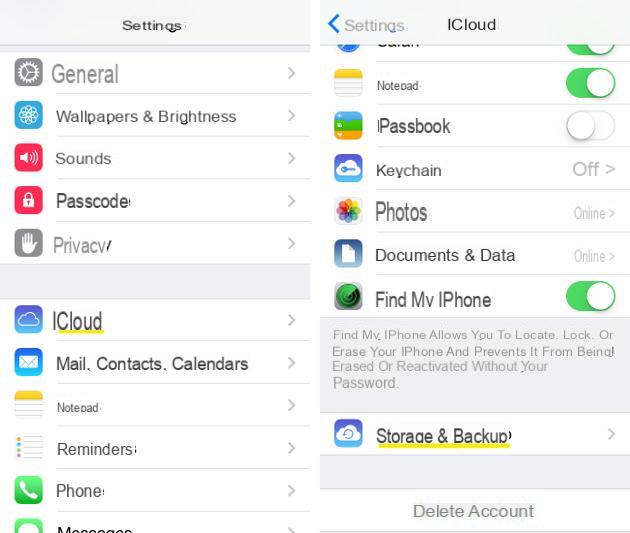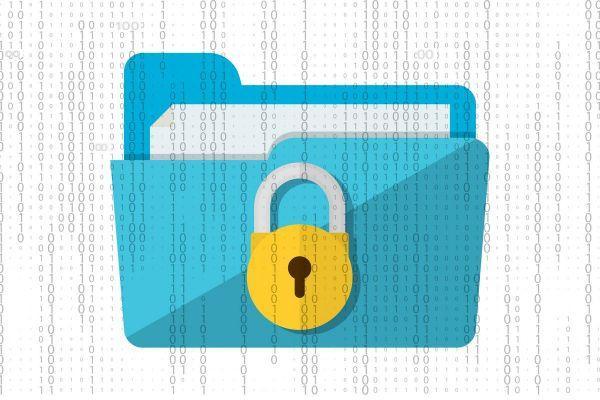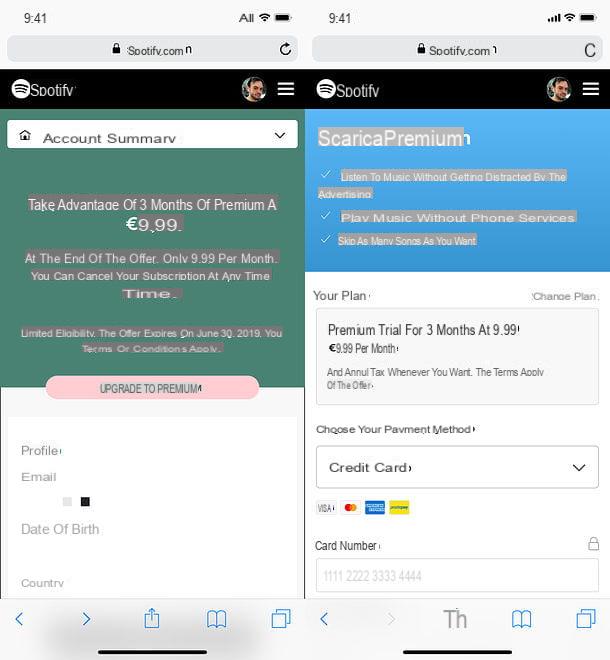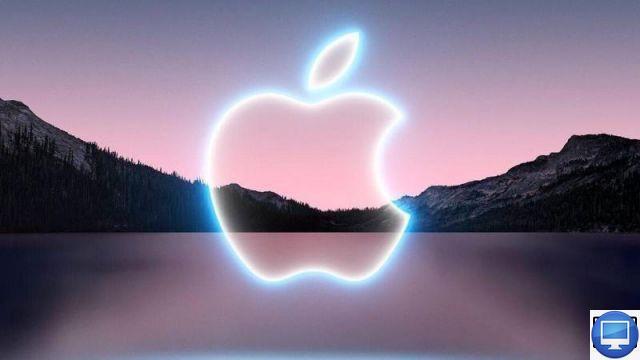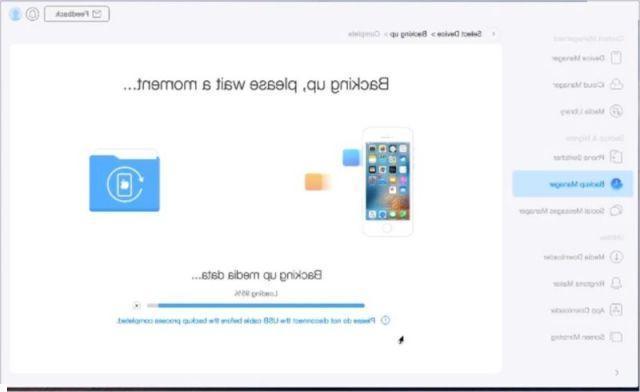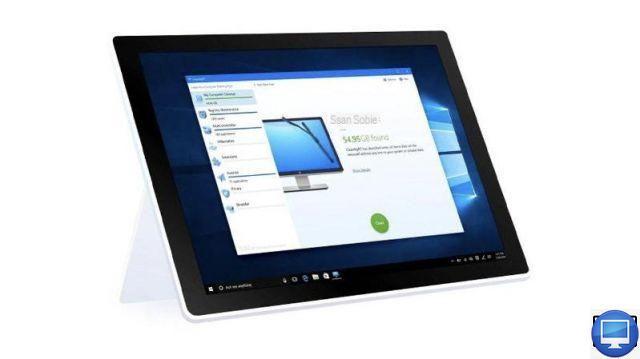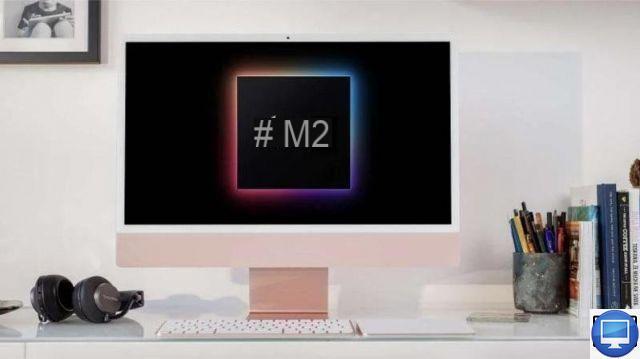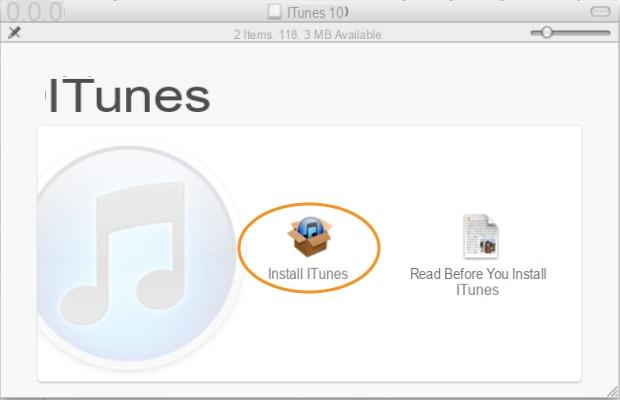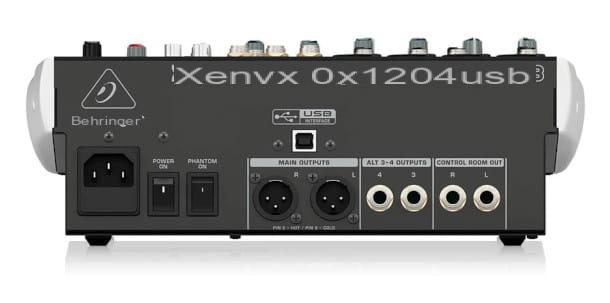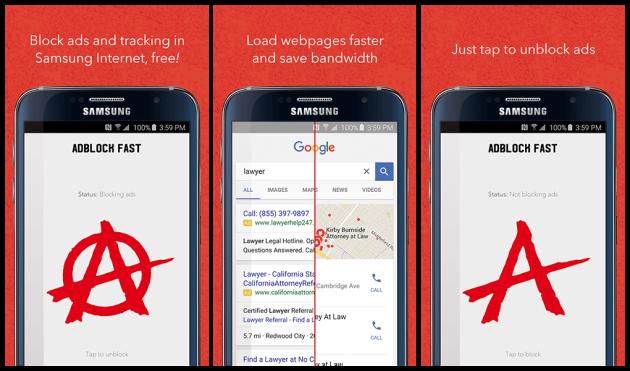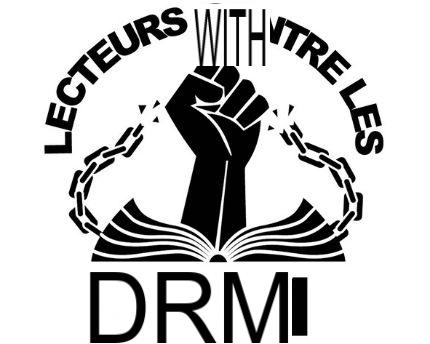
DRM (Digital Rights Management) are digital locks intended to protect copyright by prohibiting a user who has purchased a product from being able to duplicate and share it, on Peer-to-peer sites for example.
The problem is that it doesn't work. Despite many attempts, the industry has always failed with DRM to achieve its protection goals. Some take pleasure in cracking new DRM technologies the same day they are released, and it must be remembered that a single cracked file can then be distributed in an unlimited manner.
DRMs and ebooks
For ebooks, DRM is also included. And the problems posed are multiple:
These protections are ineffective
DRM is by nature totally useless for ebooks. Even if a DRM were inviolable, which is impossible by nature, it would suffice for the teams of "serial scanners" who already operate on the Internet to make their own digital version from a paper version. If there is a paper version, then the DRMs are useless. It only takes a few hours for someone competent and well equipped to offer a digital version of equal (and sometimes even superior) quality to that offered by publishers.
The cost of these unnecessary protections is paid by the consumer
The publishers explain it: the costs to protect against piracy are significant for digital versions. Between network monitoring, the hunt for pirates, and DRM which are very expensive in the price of an ebook, it is clear that this ineffective fight has a cost.
And not content with being hampered in its use, it is also the honest consumer who pays the bill. While many publishers set very high prices, in defiance of consumer demand, and a law has just been passed that will prevent distributors from lowering prices, explaining that the price of ebooks is at because of the cost DRM is the straw that broke the camel's back...
These protections annoy everyone...except pirates!
Certainly, if you know a little about it, that you follow the instructions well, that everything goes smoothly, and that you only play on a few compatible devices, DRM will not be a problem, at least not for the moment. . Once activated on the desired device, it works invisibly.
But it doesn't always happen that way. Several booksellers who offer ebooks complain of seeing their after-sales service collapse under the exasperated calls of a large proportion of consumers who cannot open their ebooks. And as I have read, they are willing to spend the necessary time on the phone to make it work. One can imagine the difficulty of dealing with this kind of problem remotely. It is therefore ultimately up to the distributors to manage the problem posed by DRMs, and to win over dissatisfied users.
Some have therefore decided to no longer offer ebooks with DRM, which allows them not only to solve the problem at the source, but also to get sometimes welcome publicity.
Long-term unusable files...
Imagine what your digital book will become in 15 years! If you have not made complex updates to switch from one DRM system to another, then your file, which will no longer be compatible with the latest DRM offered, will no longer be usable.
The problem indeed is that once a DRM system is obsolete, the file is not freed, but unusable. The solution for distributors in this case? Send a new file, with the new DRM, to users? But if in the meantime, the distributor has closed shop, or if the buyer has changed his email address, the file is simply unusable.
What are the alternatives ?
There is of course the marking. I recently purchased a branded ebook, and it's so much easier and more comfortable. My email address is very discreetly and almost transparently added (watermark) to my file. I don't mind, it doesn't require any activation, my file is usable on all my devices, and will still work 15 years from now, if the format is still played 15 years from now. And precisely, if I want or need to convert the document into another format, it will be possible, whereas it is impossible on a file integrating DRM.
Of course, safety may be even easier to blow up, but again, for the amateur it won't be possible, and for the one who wants to break it, it will be easy. So it's a more logical solution.
There also seems to be a new possibility offered by the DRM supplier Adobe, the n°1 in this field, which, having perhaps sensed the wind changing, proposes a different system in the version adobe server 4.1. It is indeed possible in this new version to use a different solution, which just requires a password to open the document. The advantage, explained by Adobe, would be that the user can choose to share his file with anyone he trusts enough to give his password.
If we can't dream of such a solution, it could be a simpler alternative to use and we imagine it more viable in the long term.
To conclude, and to overcome DRM: only one solution: refuse to buy titles that incorporate DRM. Players who impose DRM will only hear the message from the wallet. Admittedly, it is difficult to take this side when the catalog is already scarce.
But more and more publishers offer DRM-free files, and deserve to be encouraged. Here is a list of 100 publishers who have said no to DRM, found on the Aldus site...









